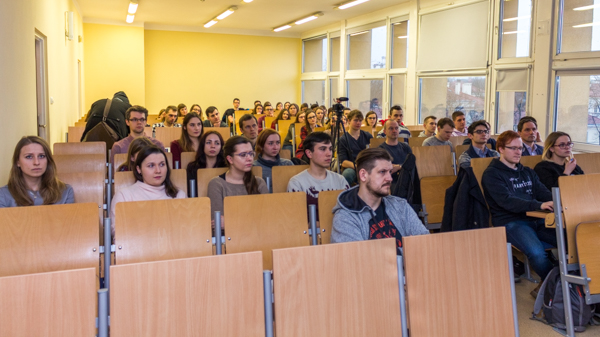 The aim of the research was to analyse the content of study programs oriented towards trends in quality management and formulate new strategies towards Quality 4.0 teaching. The important input for this study were two other outputs of the project “Improving quality management teaching in the era of Industry 4.0”:
The aim of the research was to analyse the content of study programs oriented towards trends in quality management and formulate new strategies towards Quality 4.0 teaching. The important input for this study were two other outputs of the project “Improving quality management teaching in the era of Industry 4.0”:
- Report “Analysis of the Current State of Knowledge about Quality 4.0” (output 6),
- Report “Evaluation of competence needs in the enterprises” (output 1).
The first of the mentioned outputs provided an overview of the requirements of the necessary skills and the requirements that are stated in the professional literature. The second was based on data obtained from a survey conducted in organizations that have implemented or plan to implement Industry 4.0 in their processes.
The report consists of five chapter.
Chapter 1, Higher education status in partner countries, focuses on the status of higher education in partner countries, specifically in the Visegrad countries. It provides a historical overview of the evolution of higher education in the V4 countries, highlighting the establishment of some of the oldest European universities in the 14th century. The chapter also examines the development and current landscape of higher education institutions in each country, including the number and types of institutions. Additionally, it discusses the higher education systems in Slovakia, Czechia, and Poland, providing information on the types of universities, study programs, and degree levels offered. The chapter concludes with an analysis of future trends in higher education in Poland, such as digitization, globalization, and mobility, and their potential impact on the education system.
Chapter 2, Quality 4.0 education in chosen universities, focuses on Quality 4.0 education in selected universities in the Czech Republic, Poland, and Slovakia. It begins by analyzing the number of researchers and academic teachers involved in Quality 4.0, which will help assess the potential for introducing new subjects and methods into teaching. The chapter then presents the results of a study conducted using the Scopus database, which identified 200 publications on Quality 4.0. The analysis includes the number of authors per country, highlighting the most active countries in terms of publications. Furthermore, keyword analysis reveals the technologies and new quality approaches associated with Quality 4.0, such as artificial intelligence, big data analysis, predictive quality, fault detection, and sustainability. The chapter concludes by discussing the potential transition to Quality 5.0 and its focus on sustainability, green technology, circular economy, and socially oriented quality. This chapter provides valuable insights into the current state and future prospects of Quality 4.0 education in these universities and sets the foundation for the subsequent analysis of teaching programs.
Chapters 3 to 5 present chosen universities from Czechia, Poland and Slovakia. We analysed their curricula to find courses related to Quality 4.0. It is upon the education providers to adapt their course curriculums to align with the rapidly advancing and complex nature of modern enterprises. The integration of more hands-on technological experiments, simulations, and experiential learning initiatives will complement theoretical education and provide a holistic educational experience. This will likewise help bridge the gap between theory and practice, making students ready to face the real world.
This report allows to meticulously examine and delineate the prevailing methodologies employed in the instruction of Quality 4.0, along with the discernment of exemplary practices within this pedagogical domain. The comprehensive exploration of these educational paradigms seeks to pave the way for the formulation of more refined and efficacious teaching programs. The overarching goal is to fortify the pedagogical arsenal, enhancing the proficiency and capabilities of teaching personnel. By doing so, this initiative aspires to cultivate a cadre of educators adept at imparting knowledge and skills that align seamlessly with the dynamic requisites of the industrial landscape, thereby ensuring a more adept and industry-ready cohort of students.
